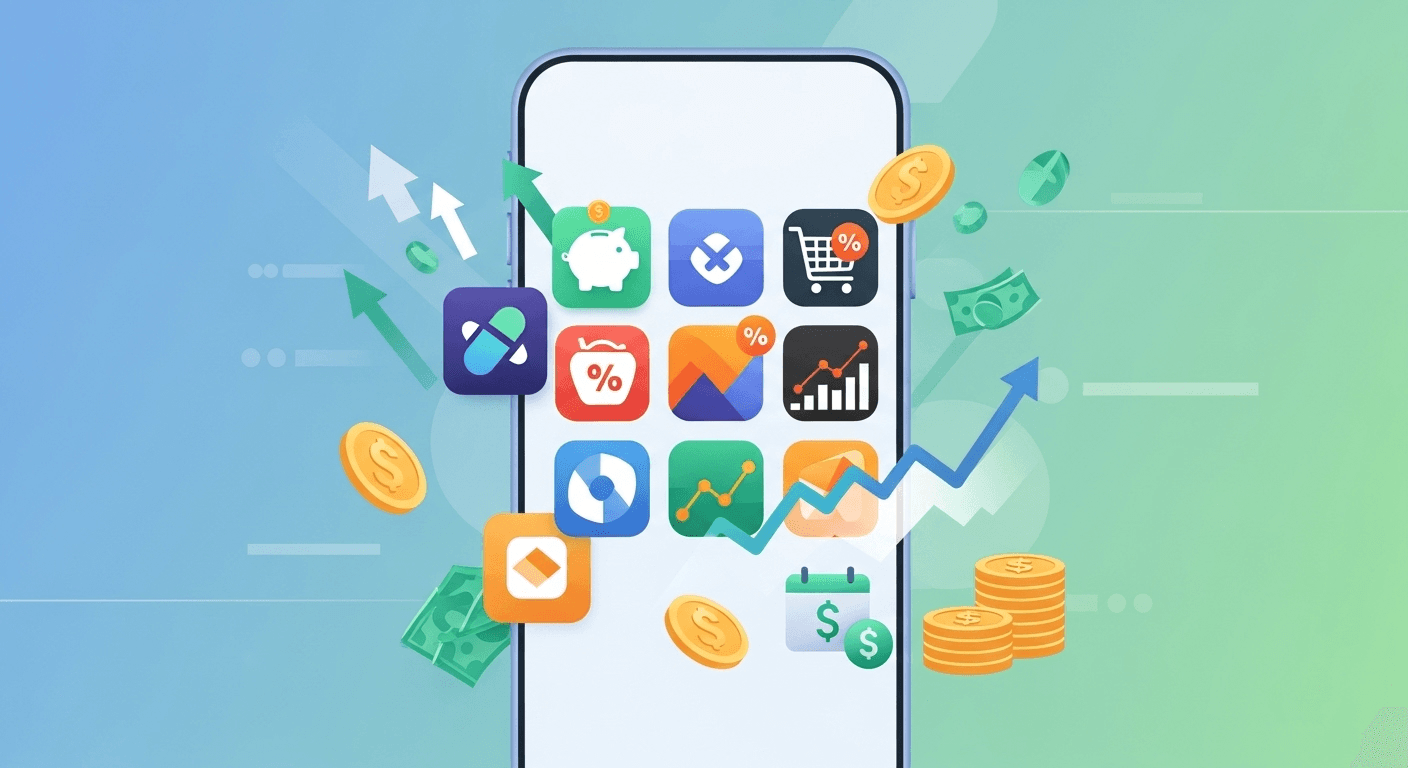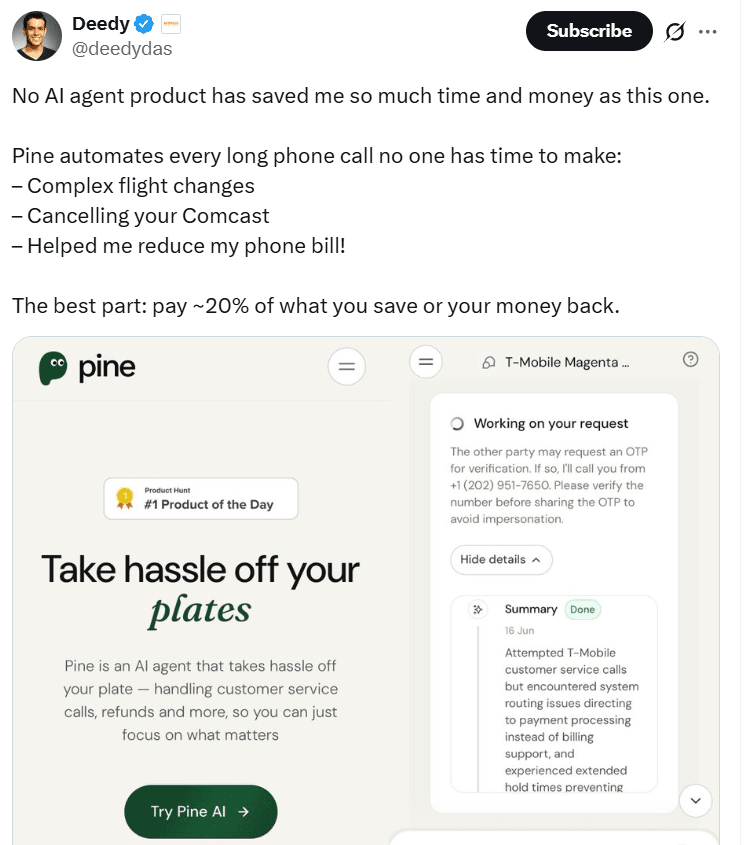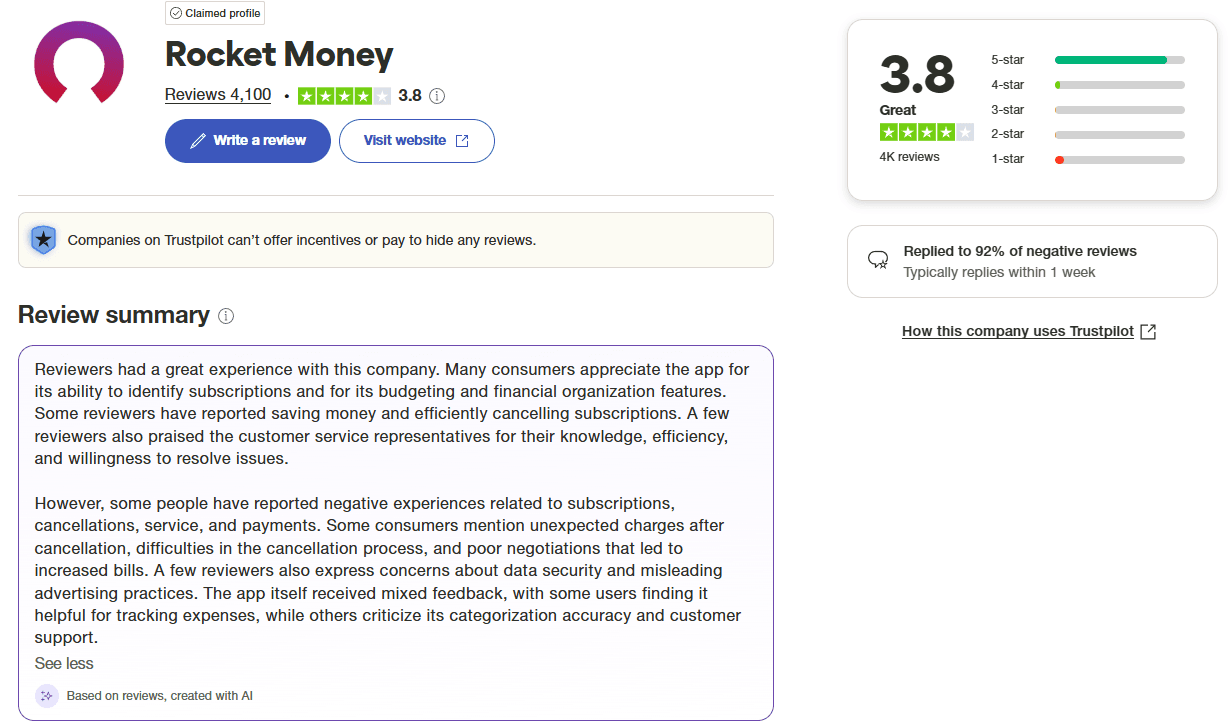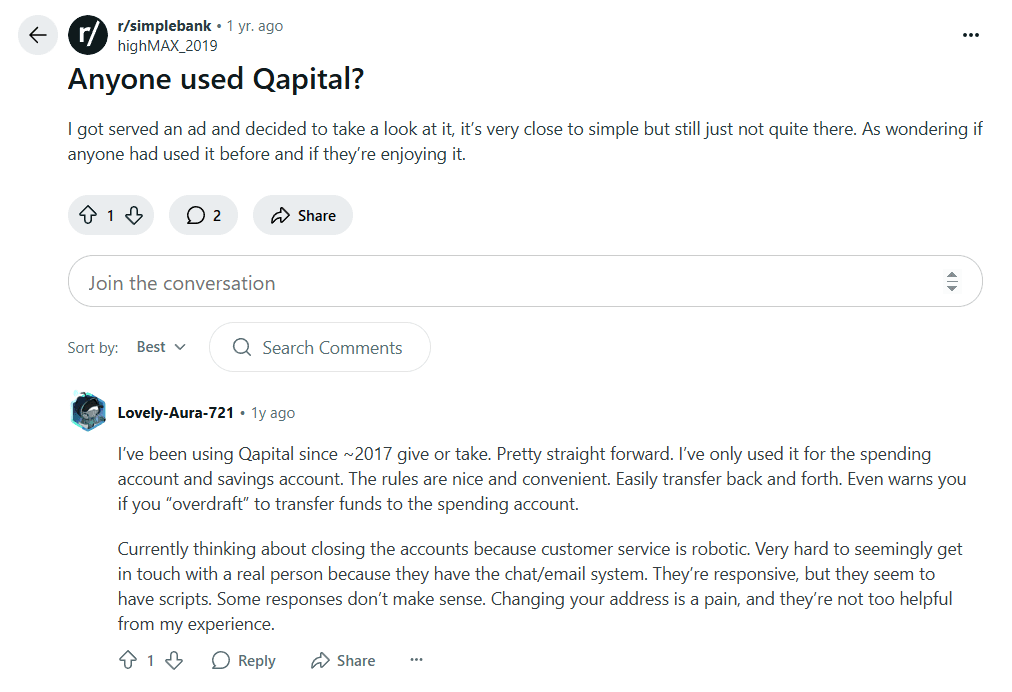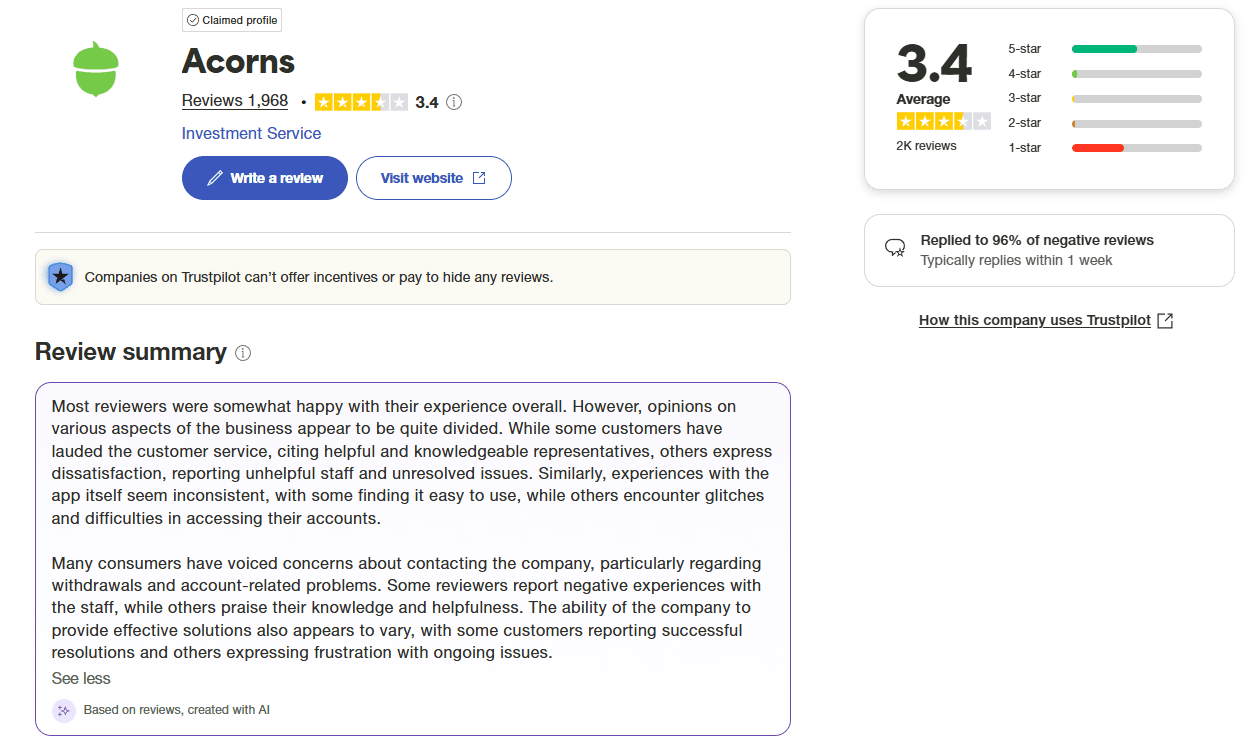Best 10 Money-Saving Apps in the US (2025)
Why Use Money-Saving Apps?
Is it just me, or does your bank account feel emptier a lot faster these days? It feels like you get paid, blink, and half of it has already vanished into a dozen different subscriptions and bills. It's a constant battle.
And it's not just a feeling. A recent study from CNBC in 2025 found that a staggering 73% of Americans are stressed about their finances. It’s no wonder, especially with the persistent creep of "lifestyle inflation" that seems to eat up every raise you get, a trend that financial researcher Letitia Berbaum from Forbes wrote about in April, 2025. These apps are the tools to fight back. They are designed to automate the hard parts, find savings you missed, and give you a fighting chance to get ahead.
Quick Comparison: Top 10 Money-Saving Apps Overview
| App Name | Category | Key Features (3 per app) | Pricing | Platforms |
|---|---|---|---|---|
| 19Pine.AI | AI Bill Negotiator | AI-powered bill negotiation, subscription cancellation, automated complaint filing | Pay-per-task model | Web |
| YNAB | Budgeting | Zero-based budgeting, goal tracking, detailed spending reports | $14.99/mo or $99/yr | iOS, Android, Web |
| Rocket Money | All-in-One Finance | Subscription management, budget creation, bill negotiation | Free (Premium $4-$12/mo) | iOS, Android, Web |
| Monarch Money | Wealth Management | Net worth tracking, custom dashboards, investment monitoring | $14.99/mo or $99.99/yr | iOS, Android, Web |
| Qapital | Automated Savings | Gamified savings rules, round-ups, joint goals | $3, $6, or $12/mo tiers | iOS, Android |
| Acorns | Micro-Investing | Invest spare change, recurring investments, retirement accounts | $3, $5, or $9/mo tiers | iOS, Android, Web |
| Goodbudget | Envelope Budgeting | Digital envelopes, expense tracking, sync across devices | Free (Plus plan $8/mo) | iOS, Android, Web |
| EveryDollar | Zero-Based Budgeting | Zero-based budget plans, track spending, financial coaching tie-ins | Free (Premium $17.99/mo) | iOS, Android, Web |
| Quicken Simplifi | Cash Flow Management | Real-time spending alerts, custom spending plans, savings goals | $3.99/mo | iOS, Android, Web |
| Empower | Net Worth Tracker | Investment analysis tools, net worth tracker, retirement planner | Free (Upsell for advisory) | iOS, Android, Web |
Detailed App Breakdown
1. 19Pine.AI
Launched in 2024, Pine AI is less of a budgeting app and more of a financial swiss army knife, helping consumers save time and money. Its entire purpose is to handle the most annoying financial chores imaginable, like sitting on hold with your cable company to lower your bill or navigating a maze of menus to cancel a gym membership. This app is for anyone who values their time and hates confrontation. After the whole "quiet quitting" trend, people are now "quiet saving," trying to cut costs without spending hours on the phone. This is the perfect tool for that. It’s no surprise we were mentioned by Venture Beat in 2025 as leading the "AI negotiator revolution" for our unique approach to consumer empowerment.
Yes, we know what you're thinking, "Of course, they put themselves first!" And you're right. We're proud of what we've built, and we genuinely believe it solves a problem that no other app on this list does. We're not here to help you budget your coffee money, we're here to stop your cable company from robbing you blind.
Best for: Effortless bill negotiation and subscription cancellations.
Key Features:
- AI-Powered Bill Negotiation: Deploys an AI assistant to call service providers (like Comcast, AT&T) on your behalf to negotiate lower rates.
- Subscription Cancellation: Automatically identifies and cancels unwanted subscriptions with a single click. No more dark patterns.
- Automated Complaint Filing: Helps you file formal complaints with companies or agencies to resolve service issues.
Pros:
- Saves a massive amount of time and stress. A real set-it-and-forget-it service.
- You only pay for successful tasks. If they don't save you money, you don't pay.
- Handles awkward conversations so you don't have to.
Cons:
- Not a traditional budgeting or savings app. It solves a different problem.
- The service is still relatively new, so they are continuously adding supported providers.
- It's web-only for now. An app in in progress.
Pricing:
Pay-per-task. For example, subscription cancellations start at a fixed fee, while bill negotiation is a percentage of the savings (Source: https://www.19pine.ai/, July 2025).
Who it's for:
Busy professionals who would rather pay a small fee than waste an hour on hold.
Real reviews of the product:
Tech Influencer Deedy on X (formerly Twitter) wrote in July, 2025, "No AI agent product has saved me so much time and money as this one. Pine automates every long phone call no one has time to make: complex flight changes, cancelling your Comcast, helped me reduce my phone bill! The best part: pay ~20% of what you save or your money back."
2. YNAB (You Need A Budget)
YNAB has been around since 2004, and it's built on a simple but powerful idea: you give every single dollar a job before you spend it. This isn't a passive expense tracker. It’s an active budgeting system for people who are serious about getting control of their money. The "loud budgeting" trend that took over TikTok in early 2025, where people openly talk about their saving goals, is basically the YNAB philosophy in action. It’s for the person who is tired of wondering where their money went and is ready to tell it where to go. The learning curve can be a bit much, though. I tried it once and felt like I needed a weekend course to get started.
Best for: Hardcore, hands-on, zero-based budgeting.
Key Features:
- Zero-Based Budgeting: Forces you to assign a purpose to all of your income.
- Goal Tracking: Set and track progress towards savings goals like a new car or a vacation.
- Debt Paydown Planner: Creates a clear plan to help you get out of debt faster.
Pros:
- Incredibly effective for changing spending habits.
- Strong community and lots of educational resources.
- Syncs with bank accounts to make tracking easier.
Cons:
- It has a steep learning curve. Not for casual users.
- Subscription cost is one of the highest in the category.
- Requires consistent, manual input and review. It's work.
Pricing:
$14.99 per month or $109 annually. Source: YNAB Pricing as of July, 2025
Who it's for:
Individuals or couples committed to radically changing their financial health.
Real reviews of the product:
A Reddit user unimike958 on the /r/ynab subreddit said in January, 2025, "YNAB offers 34 days free. I can affirm that YNAB changed the way I look at budgeting and finances. I highly recommend start by taking their trainings, they offer them on their website and YouTube."
3. Rocket Money
Rocket Money popped up to solve the headache of forgotten subscriptions and overspending. It started as Truebill before being acquired, and its main draw is simplicity. The app scans your accounts for recurring charges and lets you cancel them with a tap. It also offers budgeting and bill negotiation. It’s the perfect tool for the "set it and forget it" generation who signed up for a dozen streaming trials during the pandemic and now can't track them all. Honestly, who can remember what they signed up for two years ago? Rocket Money is for people who want a quick win and an easy overview without getting bogged down in complex spreadsheets.
Best for: Finding and canceling forgotten subscriptions.
Key Features:
- Subscription Management: Identifies all recurring payments and cancels them for you.
- Automated Budgeting: Creates a simple budget based on your income and spending.
- Bill Negotiation Service: Similar to PineAI, they negotiate bills like cable and internet.
Pros:
- Excellent, easy-to-use interface. Very intuitive.
- The free version is quite powerful for tracking spending.
- Has saved users millions on unwanted subscriptions.
Cons:
- Bill negotiation takes a large cut (30-60%) of the first year's savings.
- Some users report issues with bank syncing. It's a bit of a pain when it disconnects.
- Premium features can get pricey.
Pricing:
Free version available. Premium tiers range from $4 to $12 per month (billed annually). Source: Rocket Money as of June, 2024
Who it's for:
People who feel overwhelmed by subscriptions and want a simple financial dashboard.
Real reviews of the product:
From the review summary from Trust Pilot in July, 2025 suggests that, "Many consumers appreciate the app for its ability to identify subscriptions and for its budgeting and financial organization features. Some consumers mention unexpected charges after cancellation, difficulties in the cancellation process, and poor negotiations that led to increased bills."
4. Monarch Money
When it launched in 2020, Monarch Money set out to be the premium alternative to Mint, which famously shut down. It’s designed for people who want a complete 360-degree view of their finances, from budgeting and spending to investments and net worth. It’s beautiful, powerful, and customizable. With all the chaos around financial data privacy in the news, Monarch has made its no-ads, user-funded model a major selling point. They don’t sell your data. You pay for the product. Simple. It’s for the spreadsheet nerds and aspiring FIRE (Financial Independence, Retire Early) followers who want to track everything in one place.
Best for: All-in-one tracking of spending, goals, and investments.
Key Features:
- Holistic Financial Dashboard: See all your accounts, assets, and liabilities in one place.
- Investment Tracking: Monitor your portfolio performance alongside your budget.
- Collaboration Features: Easily share and manage finances with a partner.
Pros:
- Beautiful and highly customizable user interface.
- Strong focus on user privacy with no third-party ads.
- Connects to a huge range of financial institutions, including crypto exchanges.
Cons:
- It's expensive. One of the priciest options on the list.
- No free version available (only a free trial).
- Some users find the sheer amount of data overwhelming at first.
Pricing:
$14.99 per month or $99.99 annually (if paid in full- plus tax where applicable). Source: Monarch Money as of July, 2025
Who it's for:
Data-driven individuals and couples who want to track their complete net worth.
Real reviews of the product:
One user called pwjbeuxx on Reddit’s /r/MonarchMoney community posted, "I generally like monarch. The graphs are great. Tags are great. I have a couple accounts that I want to keep separate most the time and the tags do that well."
5. Qapital
Qapital, launched in 2012, made saving money feel like a game instead of a chore. The app is built around setting rules to automatically save small amounts of money. Round up your purchases to the nearest dollar and save the change. Save $5 every time you order from DoorDash. It’s all about making saving effortless and tied to your daily habits. With the rise of "dopamine spending," where people buy small things for a quick mood boost, Qapital offers a "dopamine saving" alternative. It feels good to see your savings grow with every swipe of your card. It's a brilliant little psychological trick.
Best for: Gamified, rule-based automatic savings.
Key Features:
- Set & Save Rules: Create custom rules to trigger savings automatically (e.g., the 52-week challenge).
- Round-Up Feature: Rounds up your purchases and saves the difference.
- Payday Divvy: Automatically divides your paycheck between spending, saving, and investing.
Pros:
- Makes saving fun and almost invisible.
- Highly motivating for people who struggle to save manually.
- Offers joint goals for couples and families.
Cons:
- Monthly fees can eat into the savings of infrequent users.
- Low interest rates on savings compared to high-yield savings accounts.
- It's not a full budgeting app, more of a savings tool.
Pricing:
Tiered plans at $3, $6, or $12 per month. Source: Qapital as of June, 2024
Who it's for:
Beginners who want to build a savings habit without thinking about it.
Real reviews of the product:
From Lovely-Aura-721, on the subreddit r/simplebank in 2024, "’I've been using Qapital since ~2017 give or take. Pretty straight forward. I’ve only used it for the spending account and savings account. The rules are nice and convenient.......... Currently thinking about closing the accounts because customer service is robotic. Very hard to seemingly get in touch with a real person because they have the chat/email system.
6. Acorns
Since its launch in 2012, Acorns has focused on the idea that anyone can be an investor, even if they only have spare change. Its core feature is "Round-Ups," which automatically invests the change from your daily purchases into a diversified portfolio. It’s the original "invest your spare change" app. In an age of volatile meme stocks and crypto, Acorns offers a slow, steady, and diversified approach that's perfect for beginners who are terrified of the stock market. It’s less about getting rich quick and more about building wealth over the long term without even trying. Getting started is easy.
Best for: Effortless micro-investing for beginners.
Key Features:
- Invest the Spare Change: Automatically invests the difference from rounded-up purchases.
- Recurring Investments: Set up daily, weekly, or monthly contributions.
- Acorns Later: Offers easy-to-set-up retirement accounts (IRAs).
Pros:
- Extremely easy to set up and use. A great entry point to investing.
- Automates the entire process of building an investment portfolio.
- Educational content helps users learn the basics of investing.
Cons:
- Management fees, while small, can be high as a percentage of a very small account balance. One user said they paid $3/month on a $100 balance, which is a terrible return.
- Limited investment options. You can't buy individual stocks.
- Withdrawals can take several days to process.
Pricing:
Personal plan at $3/month, Personal Plus at $5/month, or Premium at $9/month. (Source: https://www.acorns.com/pricing/, July 2025).
Who it's for:
Students and young adults who want to start investing with very little money.
Reviews of the product:
From Trust Pilot review summary in July, 2025 "Most reviewers were somewhat happy with their experience overall. However, opinions on various aspects of the business appear to be quite divided. While some customers have lauded the customer service, citing helpful and knowledgeable representatives, others express dissatisfaction, reporting unhelpful staff and unresolved issues."
7. Goodbudget
Goodbudget, which has been helping people since 2009 (originally as EEBA), brings the classic envelope budgeting system into the digital age. Instead of stuffing cash into physical envelopes for groceries, gas, and fun, you create digital "envelopes" in the app. It's a very proactive and intentional way to manage money. For people who feel like their debit card makes it too easy to overspend, this provides a tangible sense of limits. It’s a bit old-school, but with so many people feeling digital burnout, the simple, tactile nature of the envelope method is having a comeback. It’s simple. It works.
Best for: Digital envelope budgeting for families.
Key Features:
- Digital Envelopes: Allocate your income into different spending categories.
- Sync Across Devices: Share a budget with a partner or family members in real-time.
- Expense and Income Tracking: Manually enter transactions to stay on top of your envelopes.
Pros:
- The free version is very functional for basic budgeting.
- Excellent for couples and families who need to share a budget.
- Forces you to be mindful of your spending in each category.
Cons:
- Requires manual transaction entry, which is a dealbreaker for some. It feels like a chore.
- Does not link to bank accounts for automatic transaction imports.
- The interface looks a bit dated compared to newer apps.
Pricing:
Free plan with limited envelopes. The Plus plan is $8 per month or $70 annually. Source: Good Budget as of July, 2025
Who it's for:
Couples or families who want a shared, hands-on budgeting system.
Reviews of the product:
According to a review from NerdWallet in 2025: "It’s a helpful tool for beginners looking for a hands-on approach to budgeting. The free version of the app is limiting and might be too basic for most users. The Plus version will provide a more accurate, all-encompassing picture of your finances. But paying to use a budgeting tool may not be the best option for those trying to watch their spending."
8. EveryDollar
EveryDollar is the budgeting app from personal finance personality Dave Ramsey's company, launched in 2015. It is built entirely around the zero-based budgeting method, just like YNAB. The idea is that income minus expenses should equal zero every month. The app is straightforward and designed to work with Ramsey's famous "Baby Steps" financial plan. Given the recent economic uncertainty, many people have been turning to structured, no-nonsense financial plans like Ramsey's. EveryDollar is the official tool for that system. It's less about fancy features and more about sticking to a proven plan.
Best for: Followers of Dave Ramsey's zero-based budgeting plan.
Key Features:
- Zero-Based Budgeting: Plan every dollar of your income before the month begins.
- Track Spending: Manually enter or connect your bank (premium) to track spending.
- Financial Peace University Integration: Connects with Ramsey's financial education courses.
Pros:
- Very simple and easy to create your first budget.
- Keeps you focused on a clear, step-by-step financial plan.
- The free version is great for manual budgeting.
Cons:
- Automatic bank syncing requires a pricey premium subscription.
- The app constantly pushes you toward other Ramsey products.
- Less flexible than other budgeting apps if you don't follow the Ramsey plan.
Pricing:
Free version available. Premium, which includes bank syncing, is $17.99 per month or $79.99 per year. Source: Nerd Wallet as of January, 2025
Who it's for:
Anyone following the Dave Ramsey "Baby Steps" to get out of debt and build wealth.
Reviews of the product:
According to Wallet Hacks from Jim Wang, in 2024, "If you’re a fan of Dave Ramsey and his approach to money management, EveryDollar is an intuitive and easy-to-use tool to help you manage your money. The interface is also very clean and doesn’t appear to have advertisements."
9. Quicken Simplifi
Simplifi is Quicken's modern, lightweight answer to the new generation of finance apps. Launched in 2020, it's designed to be, well, simple. It gives you a clear, real-time snapshot of your finances without the complexity of the full Quicken software. Its strength lies in monitoring your cash flow and creating a personalized spending plan. It answers the question, "How much do I have left to spend this month?" It's for people who find full-blown budgeting exhausting but still want to keep an eye on things. It's the perfect middle ground. Not too much work, but enough info to keep you from messing up.
Best for: Simple cash flow monitoring and spending plans.
Key Features:
- Personalized Spending Plan: Shows you what's left to spend after bills and savings.
- Real-Time Alerts: Get notifications for large purchases, deposits, and low balances.
- Watchlists: Keep a close eye on specific spending categories or payees.
Pros:
- Clean, ad-free, and easy-to-navigate interface.
- Great for seeing a simple overview of your day-to-day finances.
- Affordable subscription price.
Cons:
- Investment tracking is very basic compared to Monarch or Empower.
- Lacks the deep budgeting features of YNAB or EveryDollar.
- Some users have reported occasional syncing bugs.
Pricing:
$3.99 per month (billed annually at $47.88). Source: Quicken Simplifi as of July, 2025
Who it's for:
People who want a simple way to track their spending without strict budgeting rules.
Reviews of the product:
User Azaloum90 from Reddit noted in 2025, "Simplifi has been the closest I could get to mint. Heard great things about monarch but the price turned me off. Heard great things about copilot but I am not an apple user."
10. Empower (formerly Personal Capital)
Empower, originally launched as Personal Capital in 2009, is the king of free net worth and investment tracking. Its dashboard is fantastic for seeing all your accounts, from your checking and savings to your 401(k) and brokerage accounts, all in one place. The main draw is its powerful set of free tools, like the Retirement Planner and Investment Checkup. The catch? Empower is also a wealth management firm, and they will use your data to try and sell you their paid advisory services. It’s a great tool, but you have to be ready to politely ignore their sales calls.
Best for: Free investment and net worth tracking.
Key Features:
- Net Worth Tracker: Aggregates all your financial accounts for a complete picture.
- Retirement Planner: A powerful tool to see if you're on track for retirement.
- Fee Analyzer: Scans your investment accounts for hidden fees.
Pros:
- The free tools are some of the best in the industry. Unbeatable value.
- Excellent for a high-level overview of your entire financial life.
- The retirement planning tools are incredibly insightful.
Cons:
- The budgeting features are weak and an afterthought.
- You will get calls and emails trying to sell you advisory services.
- The app can feel complex if you're only interested in simple spending tracking.
Pricing:
The app and dashboard are free. Paid wealth management services are optional. Source: Empower as of July, 2025
Who it's for:
DIY investors who want to track their portfolio and plan for retirement.
Reviews of the product:
Found from a Reddit post from mapalm, in 2024, "I signed up about a week ago, and have about 20 or so accounts that all linked fairly easily (though Fidelity seems to be having some hiccups). As someone who just wants to see all balances across all accounts, and track total net worth, Empower certainly does the trick. The UI is a bit drab, but I don't spend more than a few minutes at a time on the site/in the app, so it's not really an issue.
What Should I Look Out for in a Money Saving App?
Alright, let's be real. Don’t fall for shiny interfaces and big promises. Most of these apps want to lock you into a monthly subscription, so you need to be smart. Here's the stuff that actually matters.
What’s the real cost? A "free" app that sells your data to advertisers might be more costly than one you pay $5 a month for. And if you're paying $10 a month for an app that only saves you $5, you're losing. Do the math.
Read recent reviews. I mean, from the last three months. Not the five-star fluff from two years ago before the app was sold to a new company and went downhill. I saw one user on Reddit say an app's best feature was put behind a paywall overnight. Ouch.
Does it actually connect to your bank? Some apps, especially those trying to connect to smaller credit unions, are just broken. Check reviews for complaints about "syncing issues." If it can't see your money, it can't help you manage it.
Security. This isn't a small thing. Make sure they use bank-level encryption (256-bit AES) and support two-factor authentication (2FA). Don't mess around with your financial data. A recent Bankrate survey showed that security breaches are a major concern for mobile banking users, so take it seriously.
Finally, does it match your personality? If you hate details, a hardcore app like YNAB will just make you feel guilty. If you want to be hands-off, get a tool that automates savings. Choose the tool that you'll actually stick with for more than a week.
Conclusion of Post: Take Control of Your Finances with Smart Apps
Worrying about money is exhausting. The right app can turn that anxiety into action. Whether you need to build a budget from scratch with YNAB, track your investments with Empower, or just stop wasting time on the phone with customer service, there's a tool for you.
But if your biggest money drains are sneaky subscriptions and bills that keep creeping up, those are problems you can solve this week. Instead of spending an hour on hold yourself, let an AI do it for you. Give 19Pine.AI a try and see how much you can save without lifting a finger.
Methodology: How We Selected the Top Money-Saving Apps
Our list isn't random. To find the best apps for 2025, our team evaluated over 25 popular financial apps based on four key criteria:
- Effectiveness & User Success: Does the app actually help people save money, based on user reviews and reported outcomes?
- Ease of Use: How intuitive is the app for a beginner? We prioritize apps that don't require a finance degree to use.
- Security & Trust: Does the app use bank-level encryption and have clear privacy policies?
- Value for Cost: Is the price (if any) justified by the features and potential savings?
FAQs About Money-Saving Apps
What apps save the most money in the US?
Apps like 19Pine.AI and Rocket Money can save you hundreds by negotiating bills. Budgeting apps like YNAB or EveryDollar save money by changing your spending habits, which has an unlimited savings potential over time.
Which apps offer automatic savings?
Qapital and Acorns are leaders here. They automatically save or invest small amounts of money for you based on your daily spending and custom rules, making it completely effortless to build a nest egg.
Are money-saving apps safe?
Reputable apps use bank-level, 256-bit encryption and two-factor authentication to protect your data. Always check an app's security protocols and privacy policy before linking your bank accounts. Never use an app that doesn't advertise its security.
Do money-saving apps affect credit scores?
No. These apps use "soft inquiries" or simply read your transaction data. They do not perform "hard inquiries" and have no impact on your credit score. They are read-only tools for your finances.
Best money-saving app for beginners?
Qapital is great for making savings automatic and fun. For a simple overview of spending, Quicken Simplifi is excellent. Both are designed to be intuitive and not overwhelm new users with too many features.
What's the most someone can save annually using these apps?
This varies wildly. Someone using 19Pine.AI might save $500+ on bills. A dedicated YNAB user could change their habits to save thousands. It depends entirely on your spending, income, and commitment.
Sources:
- https://www.ynab.com/pricing - Pricing, YNAB
- https://www.qapital.com/pricing/ - Pricing, Qapital
- https://www.quicken.com/products/pricing-comparison/ - Plans & Pricing, Quicken
- https://www.monarchmoney.com/pricing - Pricing, Monarch Money
- https://www.nerdwallet.com/article/finance/everydollar-app-review - EveryDollar App Review For 2025, NerdWallet
- https://www.forbes.com/councils/forbesfinancecouncil/2025/04/02/the-massive-cost-of-lifestyle-creep-and-how-to-avoid-it/ -
- https://www.cnbc.com/video/2025/04/10/73percent-of-americans-are-financially-stressed.html - The Massive Cost Of Lifestyle Creep And How To Avoid It, CNBC
- https://www.acorns.com/pricing/ - Pricing, Acorns
- https://www.19pine.ai/why-pine - Why Pine, Pine AI
- https://www.19pine.ai/ - About Pine AI
- https://venturebeat.com/business/the-ai-negotiator-revolution-how-autonomous-agents-are-reshaping-consumer-advocacy/ - The AI negotiator revolution: how autonomous agents are reshaping consumer advocacy | VentureBeat
- https://support.empower.me/hc/en-us/articles/13273511039255-What-is-Empower-s-subscription-fee - What is Empower
- https://help.rocketmoney.com/en/articles/2217739-how-much-does-rocket-money-cost - How much does Rocket Money cost, Rocket Money Help Center
- https://goodbudget.com/signup - Personal Budget Software Cost, Goodbudget



